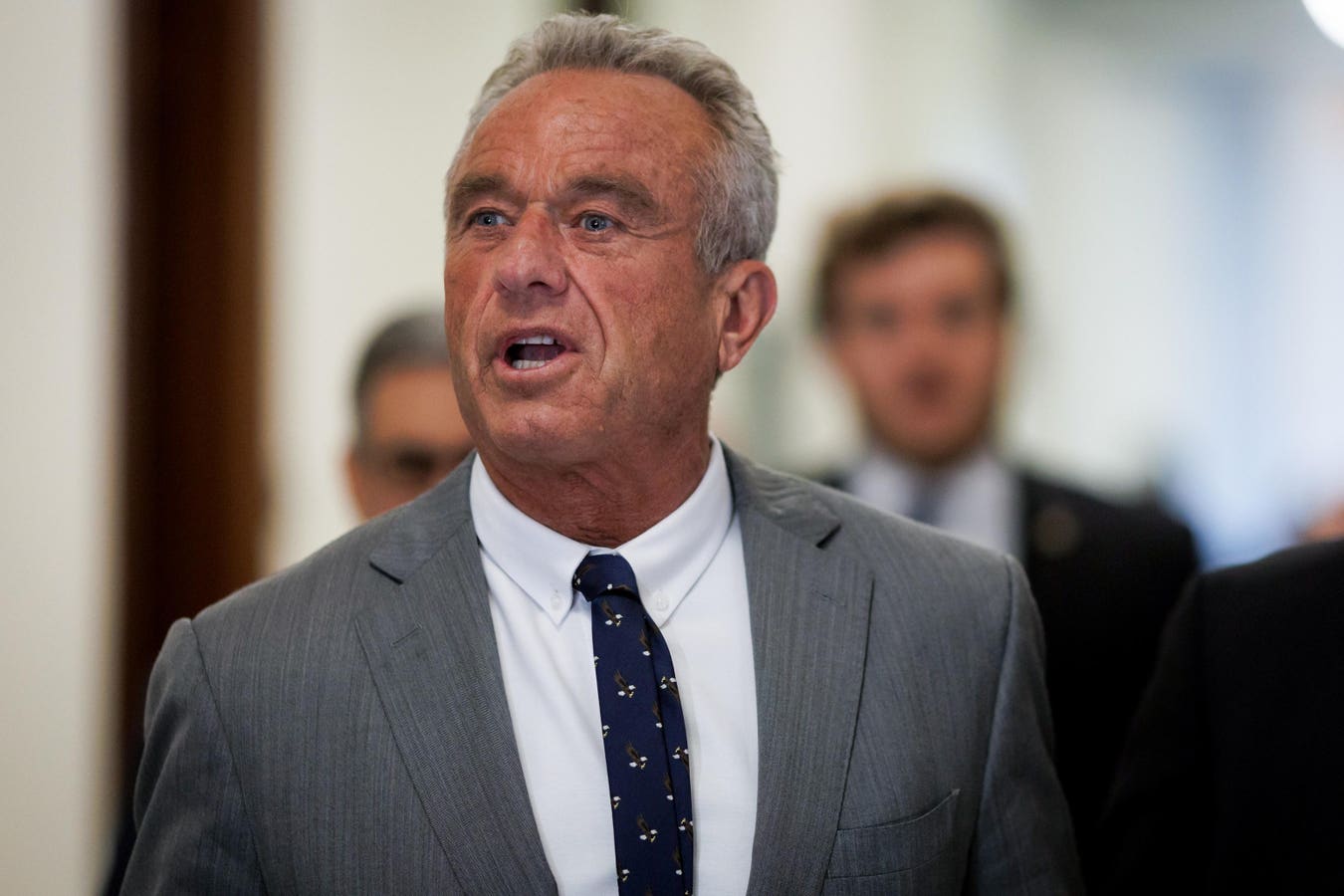Brass scales on a desk
getty
In 2024, The Chronicle of Higher Education released a report describing the need to clarify narratives within college mental health. This report emphasized the importance of combating a crisis narrative and educating the public that most college students don’t have a clinical diagnosis. Narratives about college mental health can trickle down to specific campuses, and many counseling center directors must clarify the nature of counseling services to various stakeholders, including students, parents, and administrators. This clarification generally includes explaining what the counseling center can and can’t do.
Many laws that regulate therapy/counseling assume that clients are paying for services; however, as indicated by a 2018 report by Inside Higher Ed, few institutions utilize fees for services. Thus, college mental health must comply with consumer projections laws, even though many centers don’t charge for services. Because these regulations don’t consider the unique context of higher education, there are common misperceptions about college mental health. Below are three common examples:
Counseling Centers Can’t Promise to Treat Every Student
One misperception about college mental health is that campus counseling centers should have the ability to treat every student. Though the ability to treat every student on campus is a worthy and aspirational goal (and all students are charged tuition), claiming to have this ability is likely a violation of ethical laws.
In private practice, therapists cannot advertise that their services can functionally treat every member of a large community. It’s impossible to know the needs of every community member and claiming the ability to treat whatever mental health concern that exists in a community is called deceptive advertising. A 2021 report on Goodtherapy.org highlighted the need to be truthful in advertising.
Many counseling centers serve a community that includes thousands of students. Members of the student body have different mental health needs, and some might require services that are beyond once a week counseling. A counseling center might be able to respond to any student (i.e. a student in crisis), but no center can provide functional treatment for every student. As stated, claiming the ability to do so is often unethical.
Counseling Centers Can’t Solicit Students
A common occurrence at many counseling centers is a stakeholder requesting that a therapist reach out to an individual student. An example is a parent who is worried that their student is anxious about being away from home and wants the counseling center to reach out to this student. Though this might appear to be a worthy and noble gesture for the counseling center to do, making an unsolicited outreach is likely a violation of ethical laws.
In private practice, a therapist can’t go house-to-house in a community, knock on a person’s front door, and suggest that this person needs counseling because the neighbors are concerned. This could be an abuse of influence by the therapist, a violation of personal boundaries, and extremely awkward.
According to the 2023 Code of Ethics from the National Board for Certified Counselors, counselors can’t misuse their professional influence to promote services or products. Though this law is mainly to protect a consumer public, institutions of higher education must also comply. As such, unless there’s imminent safety concerns, counseling centers can’t solicit personal services to individual students.
Counseling Centers Can’t Just Talk To Students
Another common occurrence in many counseling centers is a student who wants to attend sessions to merely have someone to talk to. Helping students connect with peers and increasing their social support are appropriate treatment goals; however, a therapist intentionally being that sole support might be a violation of ethical laws.
A 2025 report on SimplePractice.com revealed the average cost of therapy sessions in America by state. According to this report, session costs can range from $122 to $227. These costs are why it’s an ethical requirement to provide treatment that has clear and appropriate goals and is effective in obtaining these goals. Taking money from a client so that the client can simply have someone to talk to is not appropriate, and this principle applies to campus counseling centers. Though students might want someone just to talk every week, without clear therapy goals, it’s usually inappropriate for the counseling center to merely talk with students.









